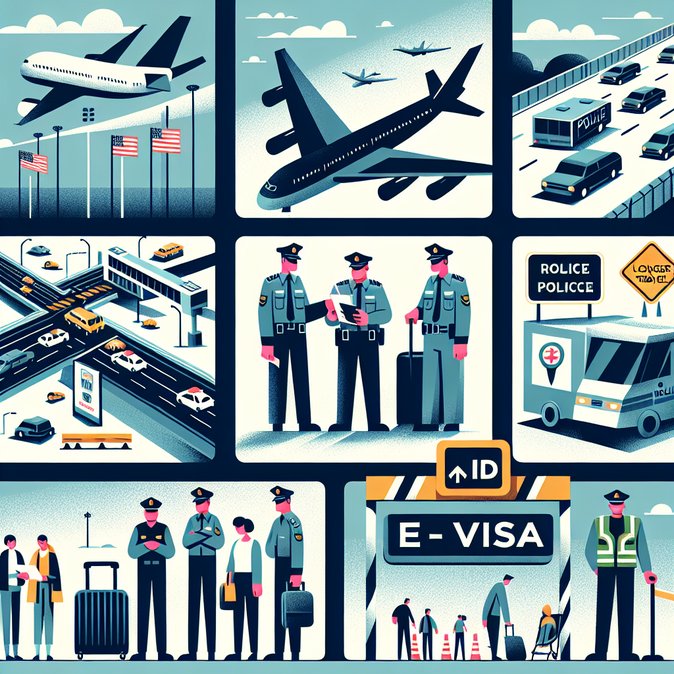
With COP30 negotiations entering their final stretch, the city of Belém is effectively operating inside a controlled security perimeter that is reshaping how people—and cargo—move in and out of Pará’s capital. Brazilian air-navigation notices classify Val-de-Cans International Airport (BEL) as a ‘co-ordinated aerodrome’ until 23:59 on 21 November, meaning all non-scheduled flights require prior-permission-requests, are limited to short ground-time windows and face layered no-fly zones whenever VIP convoys move.
Scheduled commercial services are still running, but airlines have quietly padded block times and warned that last-minute ground holds are possible. Business-aviation operators report that overnight parking has become “practically impossible” unless slots were secured months in advance. Trip-support firms are urging executives to reroute via Manaus or São Luís if itineraries are flexible.
![COP30 Security ‘Bubble’ Slows Belém Airport Operations and City Transfers]()
On the ground, rolling checkpoints on Avenida Júlio César and other arterial roads are doubling normal airport–hotel transfer times to 60–90 minutes. Delegates must show COP30 credentials at multiple choke points, and local ride-hailing apps have instituted surcharge zones. Protest flash-points near the Blue Zone have triggered sporadic diversions and ID checks, adding further uncertainty.
Only UNFCCC-accredited participants are eligible for Brazil’s special, fee-free COP30 e-Visa; all other foreign visitors must follow standard visa rules. Hotels report occupancy above 96 %, and multinational exhibitors are advising staff to build ‘Amazon buffers’ of at least four hours for onward connections.
For mobility managers, the key takeaway is to avoid tight same-day meetings in Belém, pre-book ground transport through vetted providers and monitor NOTAMs (notice to airmen) for sudden airspace restrictions. Companies sending equipment should note that Customs has set up a temporary green lane for ATA carnets, but processing can still take up to six hours due to heightened inspections.
Scheduled commercial services are still running, but airlines have quietly padded block times and warned that last-minute ground holds are possible. Business-aviation operators report that overnight parking has become “practically impossible” unless slots were secured months in advance. Trip-support firms are urging executives to reroute via Manaus or São Luís if itineraries are flexible.

On the ground, rolling checkpoints on Avenida Júlio César and other arterial roads are doubling normal airport–hotel transfer times to 60–90 minutes. Delegates must show COP30 credentials at multiple choke points, and local ride-hailing apps have instituted surcharge zones. Protest flash-points near the Blue Zone have triggered sporadic diversions and ID checks, adding further uncertainty.
Only UNFCCC-accredited participants are eligible for Brazil’s special, fee-free COP30 e-Visa; all other foreign visitors must follow standard visa rules. Hotels report occupancy above 96 %, and multinational exhibitors are advising staff to build ‘Amazon buffers’ of at least four hours for onward connections.
For mobility managers, the key takeaway is to avoid tight same-day meetings in Belém, pre-book ground transport through vetted providers and monitor NOTAMs (notice to airmen) for sudden airspace restrictions. Companies sending equipment should note that Customs has set up a temporary green lane for ATA carnets, but processing can still take up to six hours due to heightened inspections.










